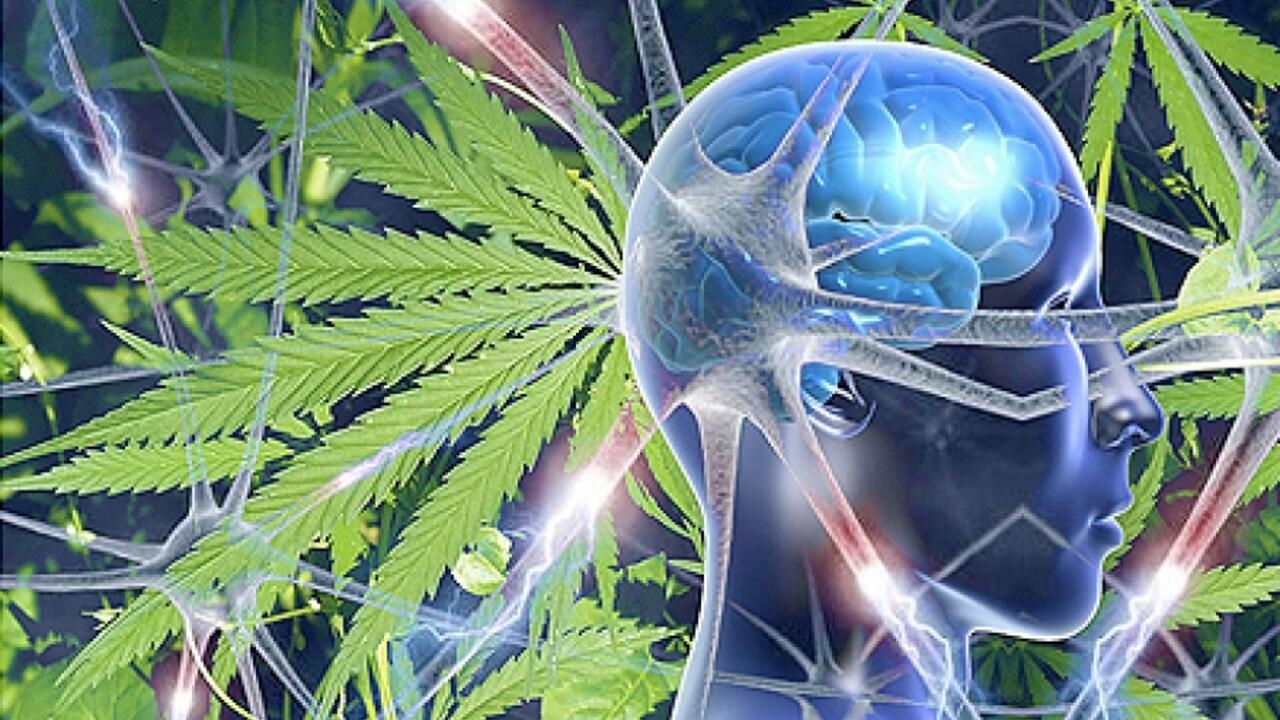A new clinical case study from Brazil suggests that regular microdoses of high-THC cannabis could potentially treat Alzheimer’s disease (AD).
The case study, recently published in the Journal of Medical Case Reports, details a 2-year experimental trial involving a 75-year-old Brazilian patient diagnosed with mild-stage AD. The patient had been diagnosed with AD two years prior to the start of the trial, and was experiencing memory loss, spatial and temporal disorientation, and forgetfulness. At the start of the trial, the patient was being cared for by his family, as he was unable to perform simple hygiene, cooking, or self-care tasks.
Doctors prescribed the patient memantine, a traditional pharmaceutical used to treat AD, but this drug caused severe side effects without improving his symptoms. Fortunately, Brazil has a limited medical marijuana program that allows qualifying patients to import medicinal cannabis from other countries. The patient’s family began importing an 8:1 THC:CBD extract and began administering this medicine on a daily basis.
Over the course of 22 months, researchers from The Federal University for Latin American Integration in Brazil and Johns Hopkins University in Baltimore tracked the subject’s physical and mental health. At the researchers’ recommendation, the patient’s family varied his daily dose of THC between 500 micrograms to 1 milligram per day. Researchers then conducted a series of standard cognitive assessment scales to determine the effectiveness of the treatment.
The researchers report that the treatment showed “unprecedented and very encouraging” results. Shortly after he started microdosing, the patient reported immediate improvements in memory retention and cognitive performance. The study also notes serious quality of life improvements, including reductions of mood swings and aggressive behavior. The patient continued to microdose medical cannabis after the trial ended, and a follow-up visit indicated that the treatment was still highly effective 42 months after the experiment began.
“I used to feel forgetful, not once after the treatment,” the patient told the study authors. “Sometimes, I did not know where I was, it has not happened to me anymore. I used to find myself lost on the streets, I could not leave home unassisted; today, I took the bus by myself to perform my clinical evaluation. Shortly after the beginning of the treatment, I already felt more alert and excited during daily activities, and I have noticed I have been sleeping much better.”
“Cannabinoid-based therapy has been shown to be promising and is emerging as crucial for the treatment of cognitive deficits, mental illnesses, and many diseases considered incurable,” the study authors wrote. “There is a need to find an appropriate therapy for Alzheimer’s disease, and cannabinoid-based therapy appears to be a feasible possibility.”
But because the trial only involved one single patient, researchers are unable to conclude that cannabinoid microdosing would actually be able to treat AD in all patients. The case study does back up other case studies and clinical trials showing that THC and CBD can effectively treat AD symptoms, though. The present experiment also uniquely suggests that these positive effects could be achieved with lower doses of THC than previously thought.
A lab experiment from earlier this year has also found that CBN, a relatively unexplored cannabinoid, could also possibly help reduce the risk of AD, Parkinson’s, or similar diseases by protecting brain cells from aging. Another intriguing study also reports that microdoses of LSD could also potentially improve memory performance in patients with AD.











